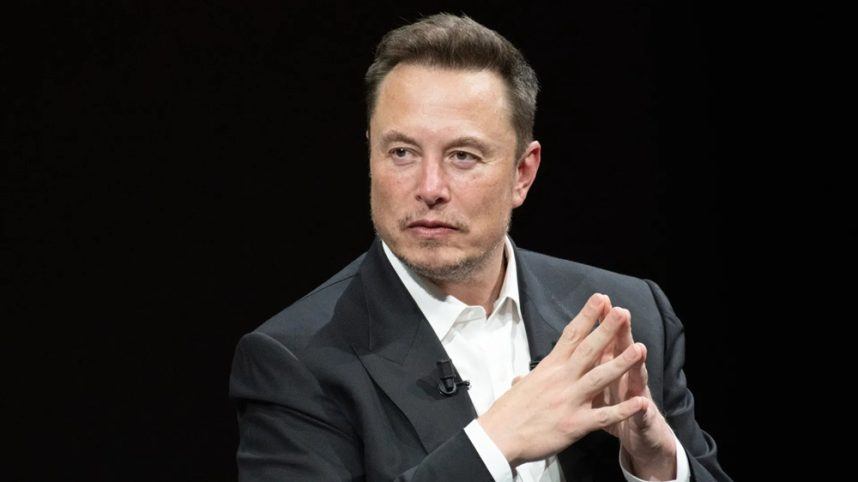Published: November 15, 2024, 07:38 AM.
Last updated on: November 15, 2024, 07:38 AM.
Elon Musk’s controversial plan to give $1 million per day to voters in crucial swing states before the U.S. presidential election was deemed not a lottery by a judge in Philadelphia.

Judge Angelo Foglietta of Philadelphia’s Court of Common Pleas refused to stop the program at a hearing the day before the election. Philadelphia DA Larry Krasner sued Musk and his pro-Trump super PAC, America PAC, for conducting an illegal lottery.
In a written ruling published this week, Foglietta concluded that the campaign did not meet the three criteria required for a lottery under Pennsylvania law: a payment, a prize, and a random chance to win.
No Random Chance
Musk and America PAC had stated that a winner would be chosen randomly from a list of swing-state voters who signed a petition supporting free speech and gun rights. However, during the court proceedings, the defendants’ lawyers admitted that winners were not randomly chosen.
Instead, they were carefully selected and given the $1 million as compensation for collaborating with the PAC, not as a lottery prize.
Those chosen to receive the one million dollars were picked by the organization in a multi-step process that involved reviewing their public social media posts and meeting them in person before the town hall events to ensure their personality would be a good match for the role,” the judge stated.
In response to Krasner’s claim that petition signatories were being deceived for their information, Foglietta stated that the DA provided no evidence beyond speculation.
He also considered the issue somewhat irrelevant because the hearing took place the day before the election, and America PAC had decided that no one from Pennsylvania would win the final prize.
Class-Action Lawsuit
Musk and America PAC are facing a class-action lawsuit filed by an Arizona resident who signed the petition believing she had a chance at the prize. The plaintiff alleges fraud and breach of contract.
If the Plaintiff had known she had no chance of receiving $1,000,000, she would not have signed or supported the America PAC petition and would not have provided her personal data to the Defendants,” the filing stated. “Her signature/support, as well as her personal data, were given as valuable consideration for a chance to receive the $1,000,000.
The lawsuit also points out that America PAC’s petition “imposes no restrictions on America PAC’s use or sale of the personal data it collects, nor does it provide any additional information about the intended use of the data.”


